|
During his first term in office Nigeria’s President Muhammadu Buhari delayed announcing his ministerial appointees - and his second term started with a similar delay. On both occasions Buhari claimed he was taking time to pick candidates whose reputations were not tainted by corruption. But this cabinet, like the last, includes a number of his political cronies who have been associated with graft allegations. Ini Dele-Adedeji argues that this means the next four years of Buhari’s government will be more of the same - and that’s bad news for Nigerians.
Africa has seen the world’s highest internet penetration growth rates in recent years and with it an increasingly prominent role for social media in politics and security. Maggie Dwyer and Thomas Molony set out the findings of a new book on the diverse and complex ways social media is shaping political engagement.
The Ebola outbreak in the Democratic Republic of the Congo started a year ago and remains one of the world’s toughest public health emergencies. In today’s episode of Pasha Janusz Paweska, head of the Centre for Emerging and Zoonotic Diseases at the National Institute for Communicable Diseases in South Africa, discusses some of the latest developments in the fight against the epidemic.
|
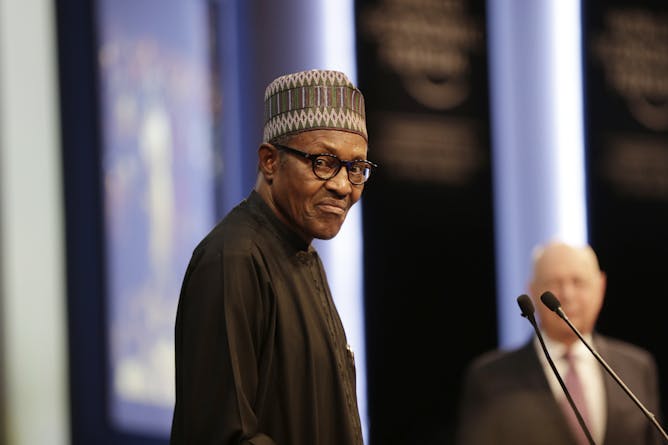
President Muhammadu Buhari has appointed a cabinet of political allies.
Andre Pain/EPA-EFE
Ini Dele-Adedeji, University of York
Nigerians had hoped for a technocratic cabinet but the country's new ministers have not offered a break from previous political appointments.
|
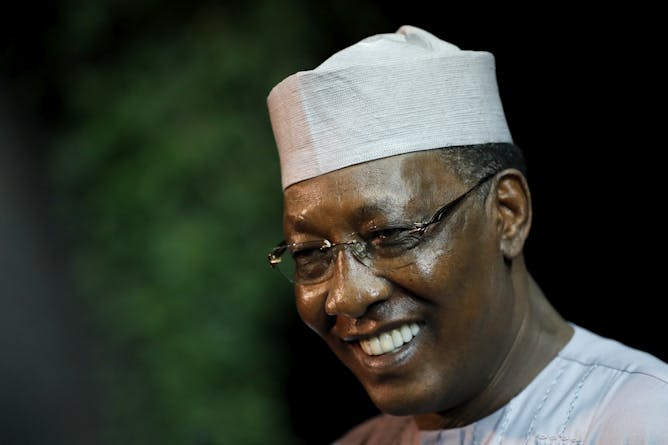
The government of President Idriss Deby in Chad blocked citizens’ internet access for 16 months.
EPA-EFE/ABIR SULTAN
Maggie Dwyer, University of Edinburgh; Thomas Molony, University of Edinburgh
Social media is shaping Africa’s political engagement in diverse and complex ways.
|
Business + Economy
|
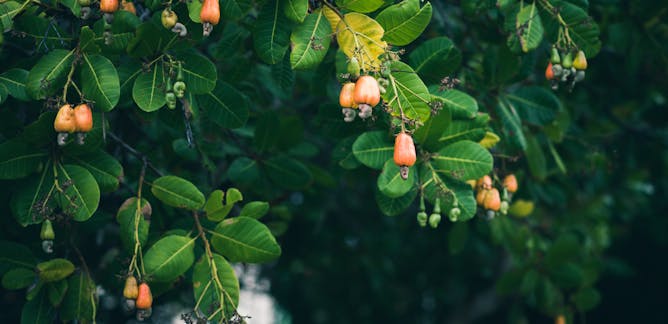
James Boafo, The University of Queensland; Kristen Lyons, The University of Queensland
Expansion of cashew production for export poses potential challenges particularly around food security
| |
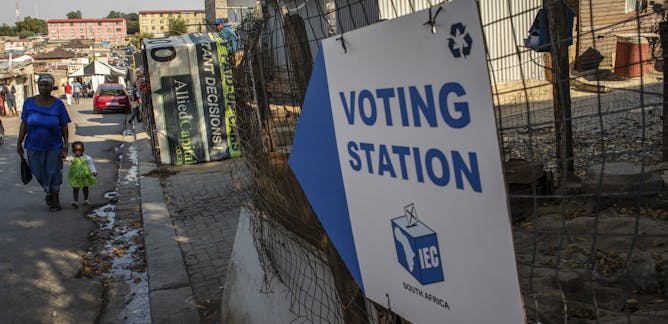
Roger Southall, University of the Witwatersrand
The election's result endorses other evidence that trust in South Africa’s constitutional settlement and its political institutions is steadily declining.
|
|
|
Podcasts
|

Ozayr Patel, The Conversation
The current Ebola outbreak in the DRC is incredibly difficult to manage.
| |

Ozayr Patel, The Conversation
Quantum machine learning is an exciting, rapidly growing field.
|
|
|
From our international editions
|

Zac Rogers, Flinders University
For all their good intentions, accidents happen when fallible humans intervene in complex systems they don't understand.
| |

Klaus Meyer, Western University
Adolf Hitler's rise to power contains important lessons for us today when it comes to dealing with modern-day extremists.
|
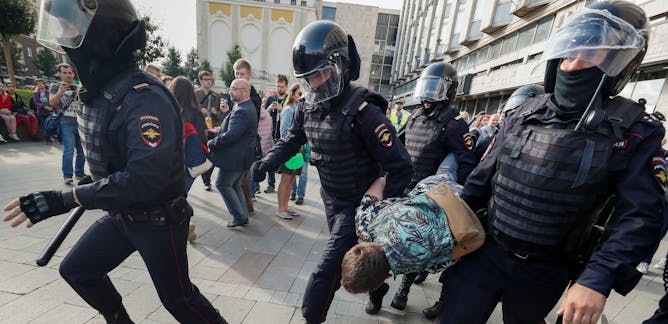
Philip Boobbyer, University of Kent
Targeting the families of protestors is highly effective as a means of control.
| |
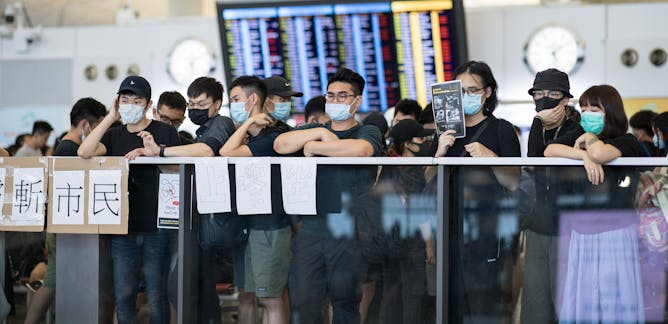
Nicholas Ross Smith, University of Nottingham; Mark Boyd, University of Auckland
What Beijing could learn from the British response to the 1967 Hong Kong riots.
|
|
|